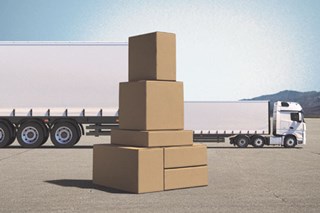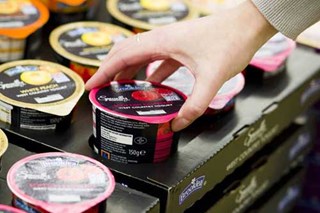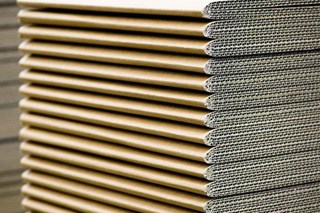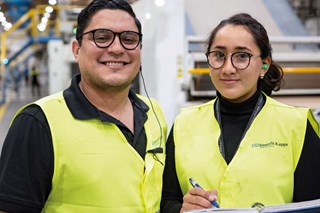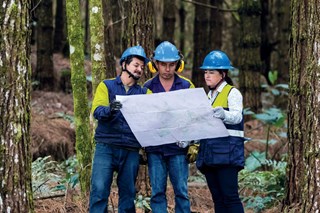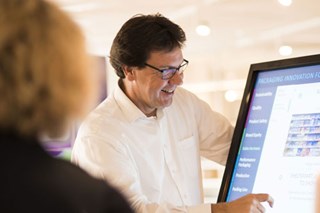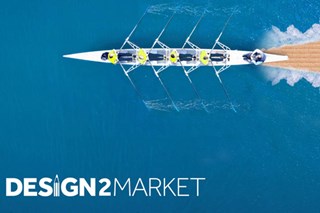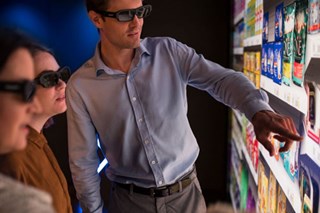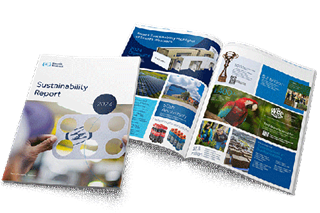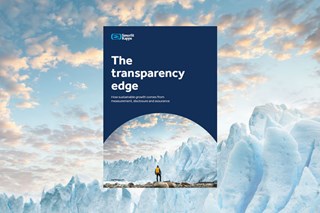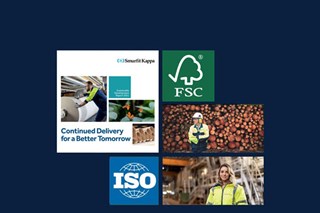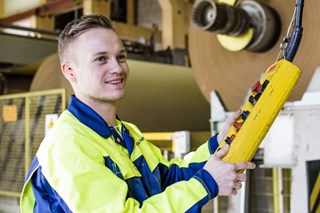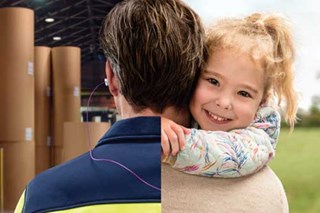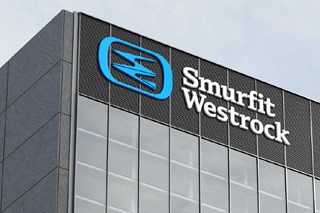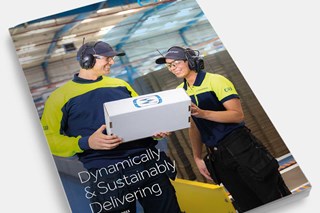Case Study: One company’s waste is another company’s fuel

“We are always focusing on continuous improvement, and finding more sustainable solutions,” says Pieter van de Noort, Sourcing Manager of Smurfit Kappa Parenco, The Netherlands.
Smurfit Kappa has always had a commitment to reducing landfill use, and therefore we look for alternative ways to extract the full value from our rejects. Parenco's waste is non-recyclable waste products, mostly plastics, which they receive with their raw materials for pulping. Historically this would have gone to landfill, but the Group has committed to decreasing landfill waste by 30% by 2025. Also, recent legislation has severely restricted landfill use. So far, Parenco has been able to reduce its waste by 90%.
This circularity is possible because of a synergy across Smurfit Kappa sites. When it was acquired in 2018, Parenco was upgraded according to the Smurfit Kappa ‘best practice’ standard, which included upgrading the pulping detrashing system so it was able to remove metals. The resulting rejects were largely plastic, which can be used as fuel. The mill looked for partners to make this possible, and now part of the rejects are being further processed into pellets called subcoal, that is as versatile as a fuel, and can be easily and safely shipped to customers using, for example, cement and lime kilns, which prefer alternative fuels.
Meanwhile, 200km away from Parenco, the Smurfit Kappa Zülpich mill started a major project to renew its energy production and can also use these plastic rejects as fuel.
“This way the circularity remains within our company, we optimise the usage of our own resources within Smurfit Kappa, and reduce external expenses,” says Jan Klijn, Pulp and Energy Manager at Parenco. “Of course, we had to get a permit to transport the waste across the border,” says Pieter. “A consultant helped us with that, and now we can start implementation.”
“In the future, the majority of the detrashed rejects will go to Zülpich,” says Jan, “The rest goes to other parties, such as subcoal production."
“All these measures mean we save money, stop using landfill and provide affordable fuel,” continues Jan. “It’s the kind of win/win we find with environmental solutions.”

